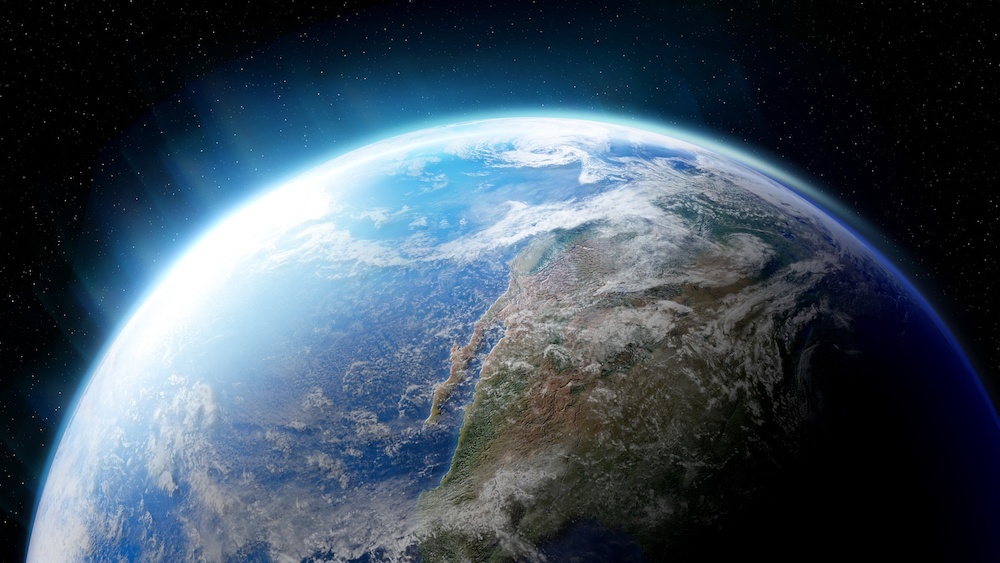If you’re interested in sharing your opinion on any cultural, political or personal topic, create an account here and check out our how-to post to learn more.
____
This year has been a real reckoning of racial injustice in the US. The murder of George Floyd has put racial inequality at the forefront again — lifting up the fight for environmental justice.
Tonight is the first and only vice presidential debate between Kamala Harris — the first Black woman on the vice presidential debate stage — and Mike Pence — an active climate racist, evidenced by his decades in office.
As a matter of survival, climate and environmental justice must be part of the debate. Not just because of who will be on the stage, but because of ever present climate racism and our government’s role in ongoing facilitation of injustice. We are in a long overdue and necessary moment.
The severity of the climate crisis is made clear as wildfires rage in the west and record-breaking hurricanes continue to hit the Gulf Coast. Extreme weather and heat across the country are destroying black, indigenous and communities of color at much higher rates than white Americans. The climate crisis is here and it's fueled by systemic racism.
The fight for climate action cannot be discussed apart from confronting how Black and brown communities are continually ignored, and disproportionately suffer from the consequences of ongoing pollution and race blind government policies that prioritized Big Oil over the lives and health of people.
For decades Black, Indigenous and Latinx communities have borne the brunt of environmental racism as lifetimes are zoned in dumping grounds for hazardous materials, landfills, waste treatment facilities, as well as the home of toxic polluting facilities like oil and gas refineries and coal fired power plants.
My life’s work is fighting for vulnerable populations to have equal access to clean water and clean air and dismantle the long legacy of Black bodies and minds suffering from the effects of toxics exposure and pollution. Black Americans are 75% more likely to live in fenceline communities that border polluting facilities like oil and gas refineries, with a 16% higher risk of cancer than white communities.
Black Americans are twice as likely to die from the coronavirus all while the Trump administration weaponizes doing nothing to aid the community. The president himself contracted the virus, receiving free access to health care and support, yet he remains unsympathetic to how everyday Americans, especially those of color, are dying from this disease and a lack of support. The compound crisis of COVID-19, climate, lack of access to health care, and systemic racial and economic violence is killing us at a much greater rate. This inequality is not new but is going to get worse — especially in a year of unprecedented climate catastrophes.
Flooding disproportionately harms Black neighborhoods and the long-term impacts disproportionately fall on low-income communities of color. We are already at a higher risk of extreme heat, and by 2050, counties with large African-American populations are expected to experience around 20 more extreme heat days annually than those with smaller African-American populations. Black mothers are at significant risk to high risk pregnancy due to climate change — Black mothers are at greater risk for preterm birth and low birth weight associated with exposure to excessive heat and pollution.
All of this will get worse under another four years of unprecedented anti-climate agenda.
Tonight’s vice presidential debate needs to include a focus on climate, showcasing how Harris’ and Pence’s climate agendas could not be more different. Pence has directly contributed to the harm to communities of color, from rolling back over 100 environmental protections, with 15% more unhealthy air days throughout this administration’s tenure. His future plans don’t include us.
On the other side of the spectrum, Harris stands for Black women and can be pushed to do better for our communities. In the Senate, she proposed scoring bills on their potential consequences to poor and minority communities and put forward legislation to reverse a Supreme Court decision making it more difficult for African Americans and other groups to sue under the Civil Rights Act. As the first Black woman to be nominated for national office by a major party, Harris can be the climate champion that we need to fight climate injustices.
The fight for justice continues — it is critical to hold officials accountable to science providing equal access and justice. Our lives depend on it.

